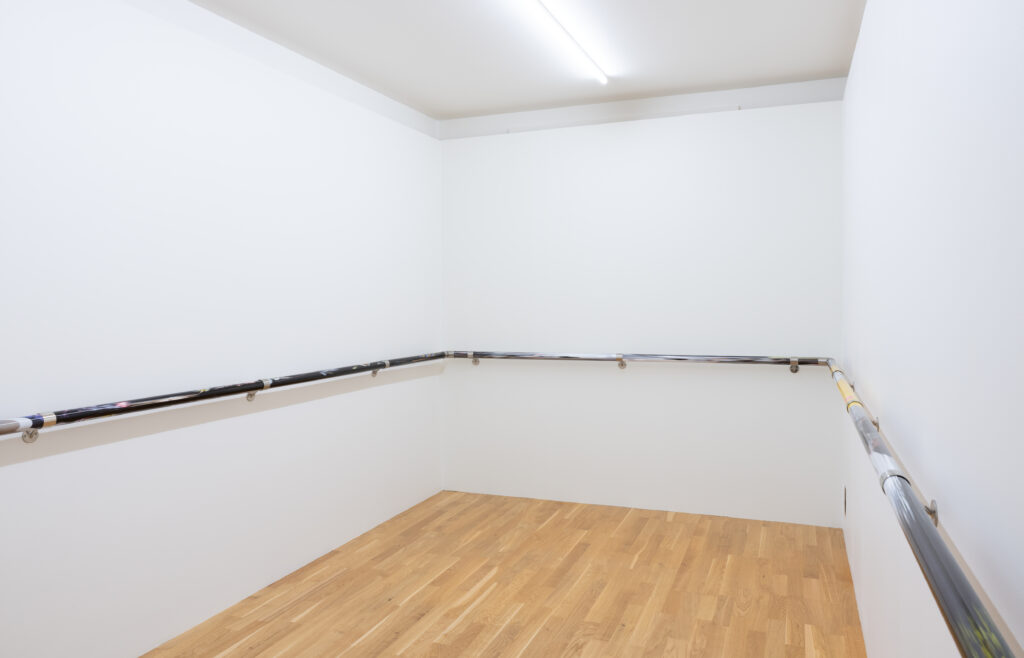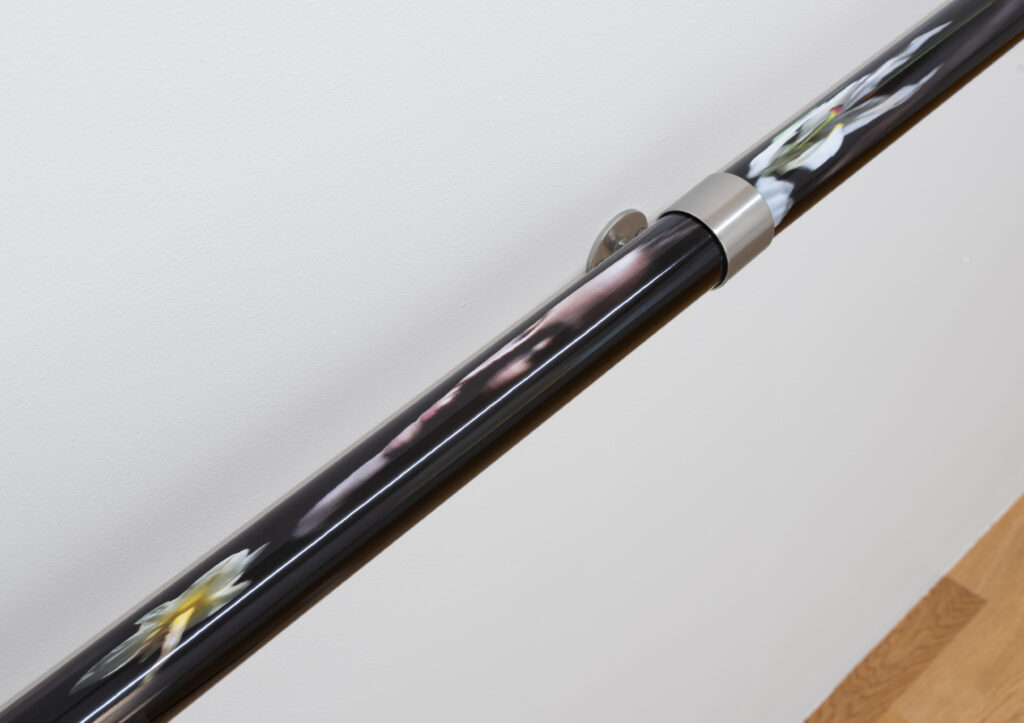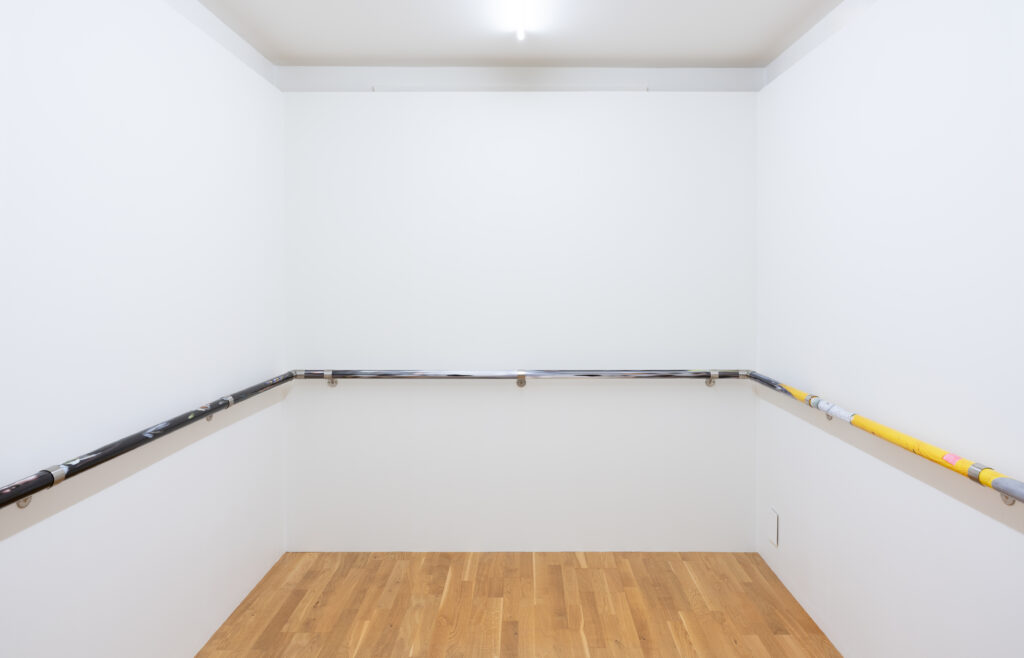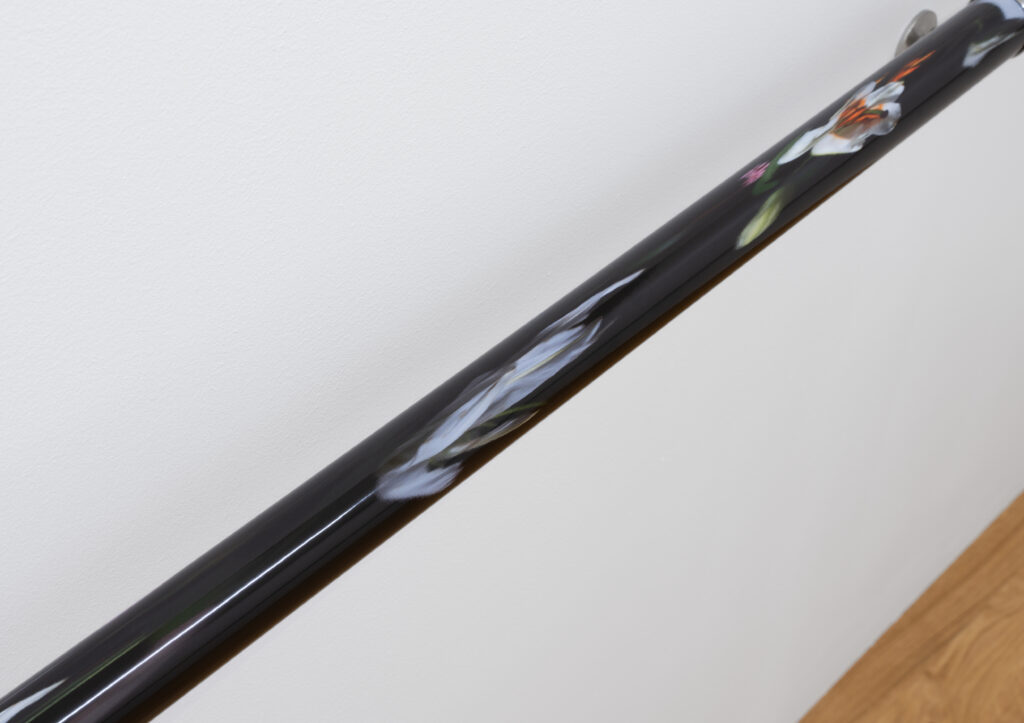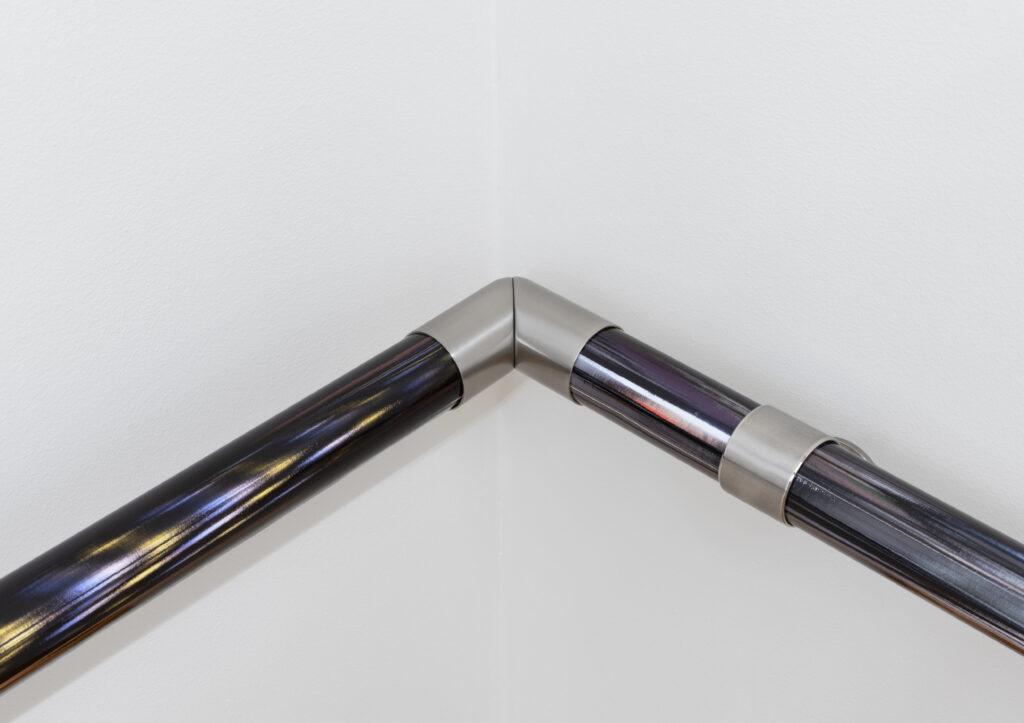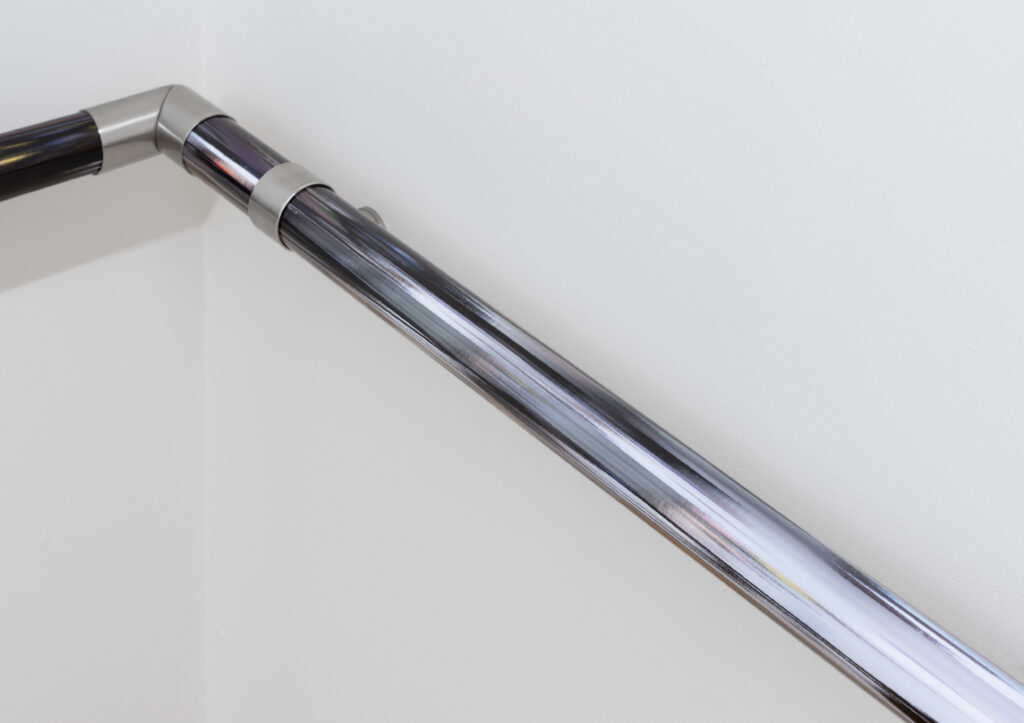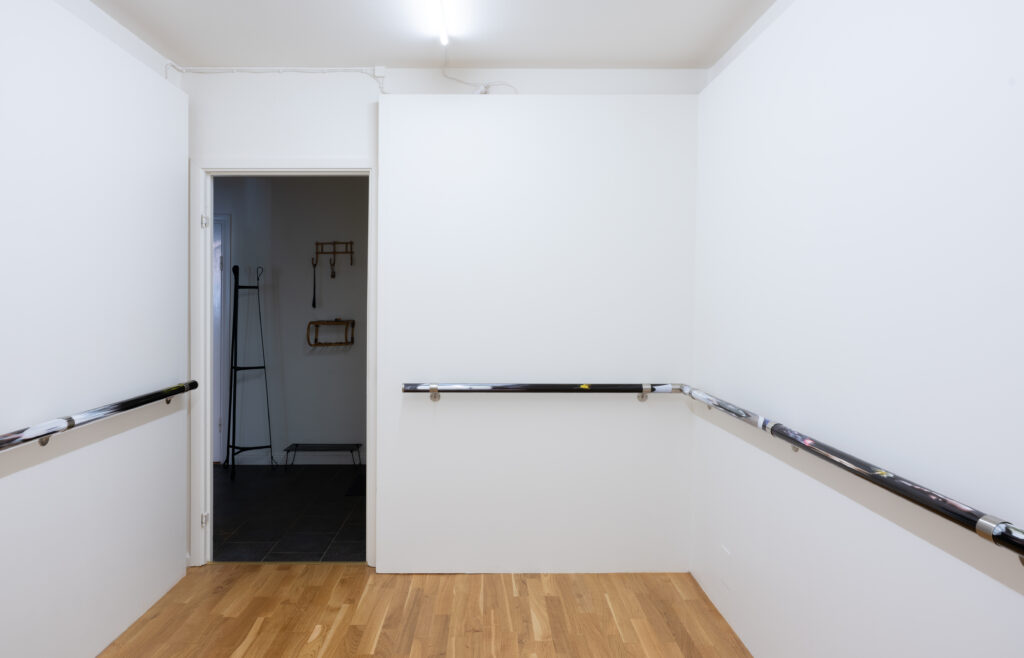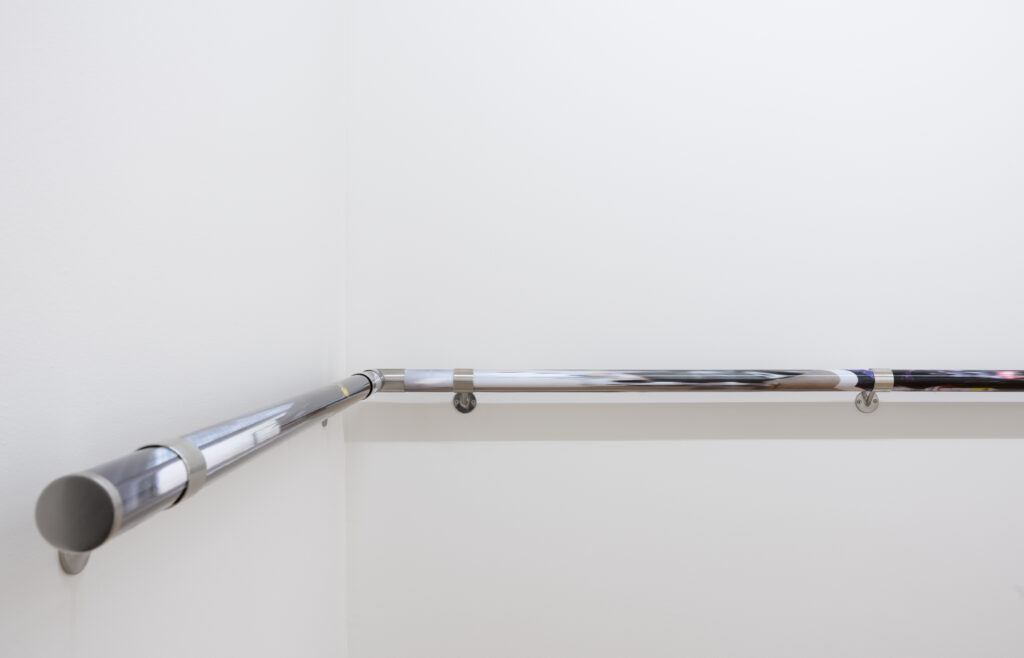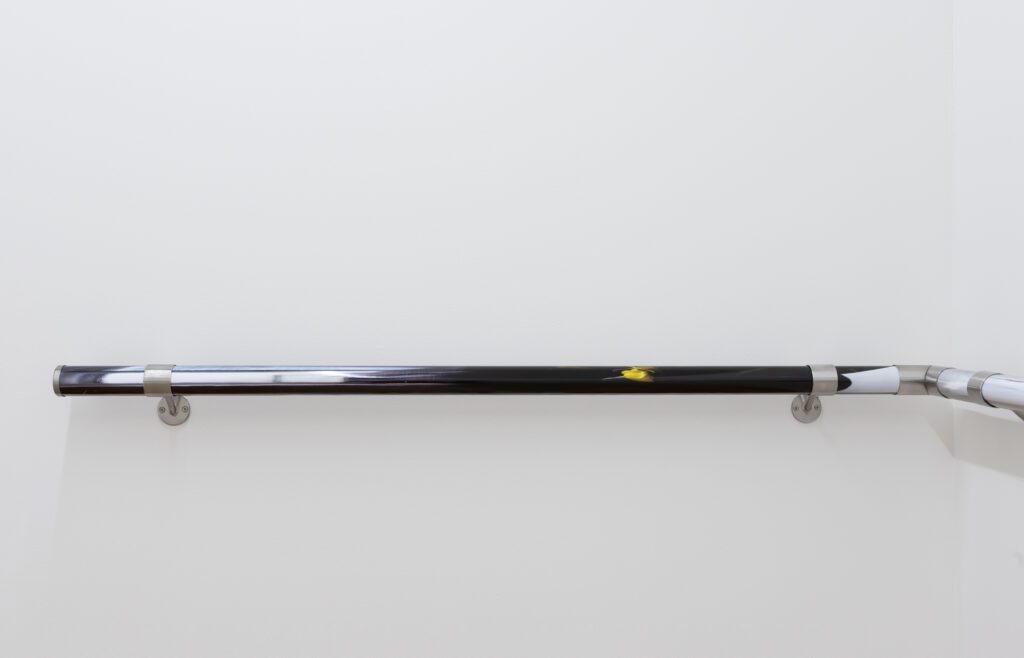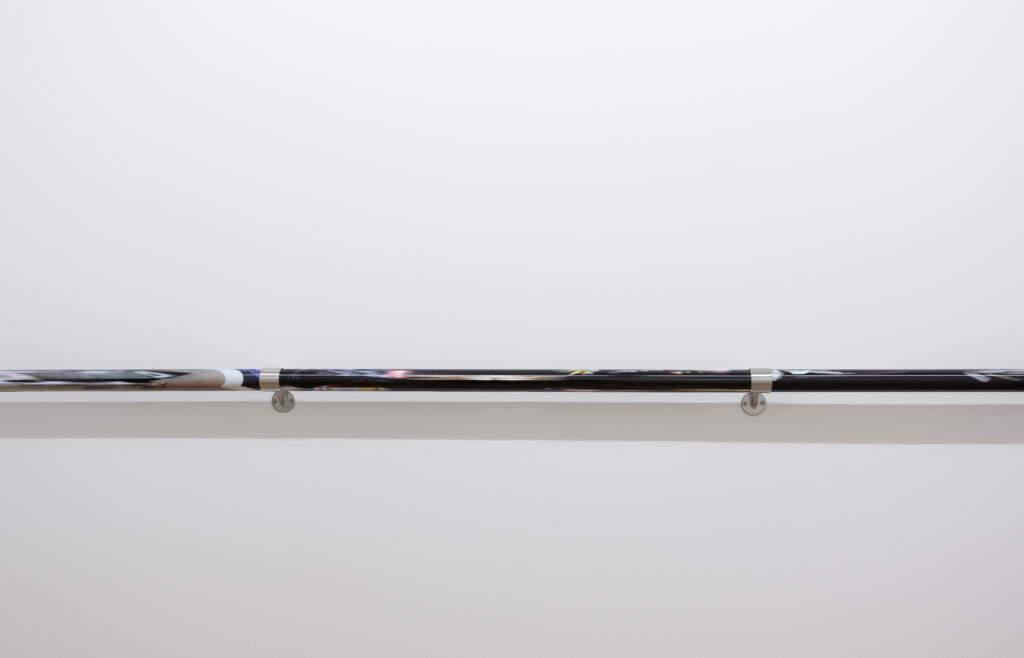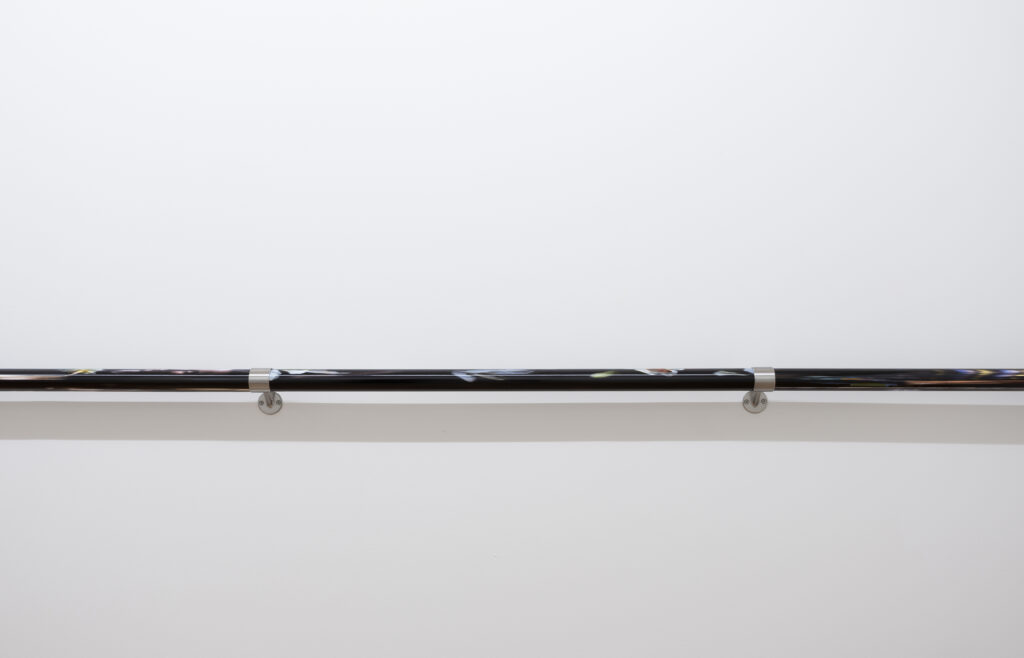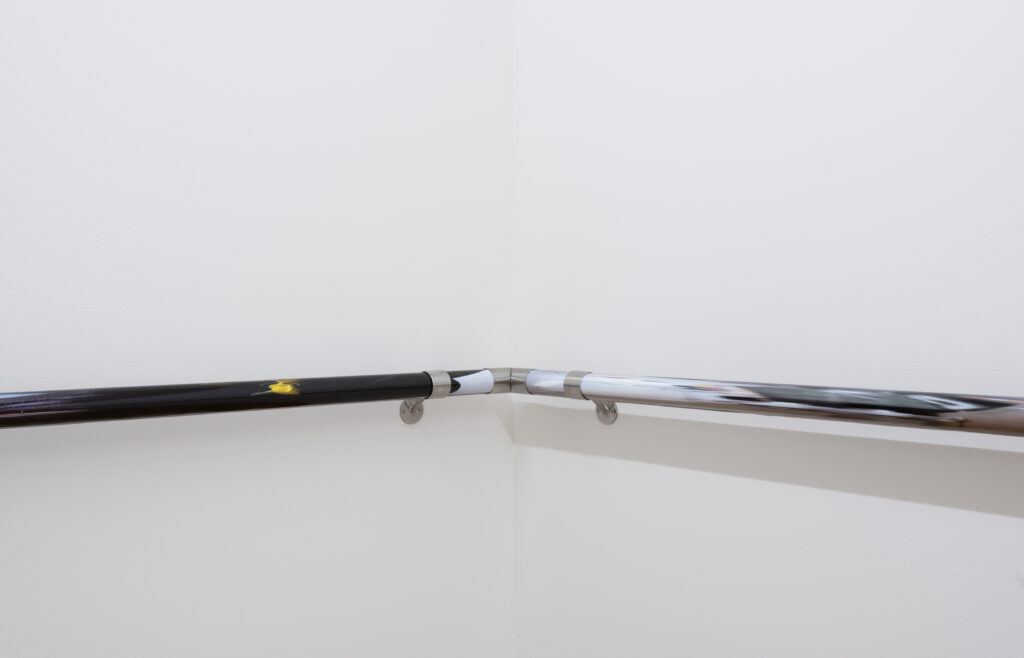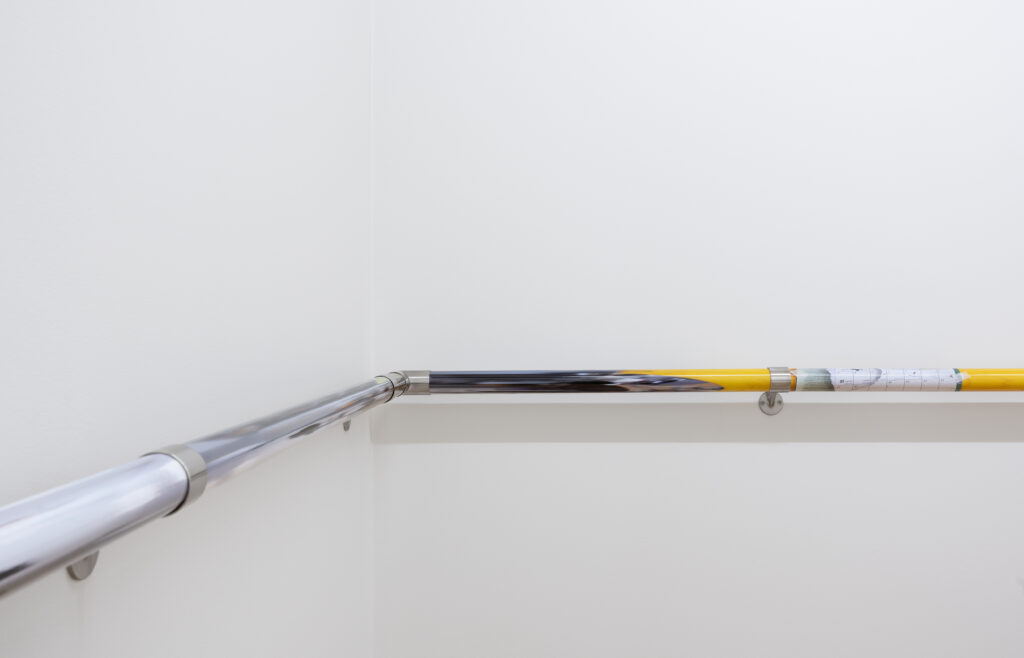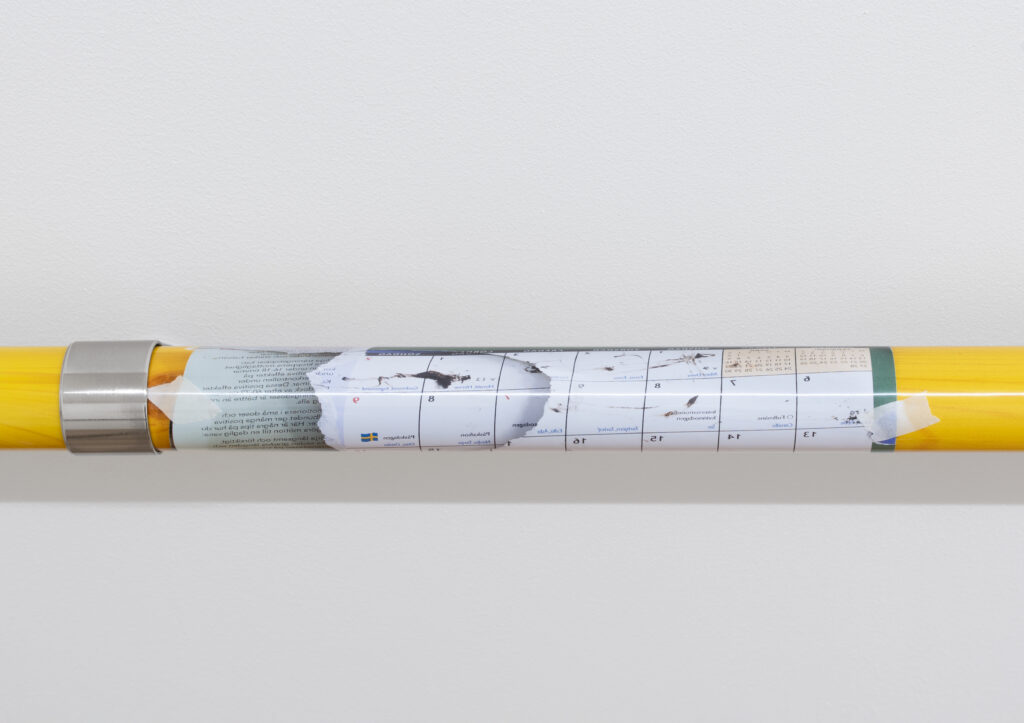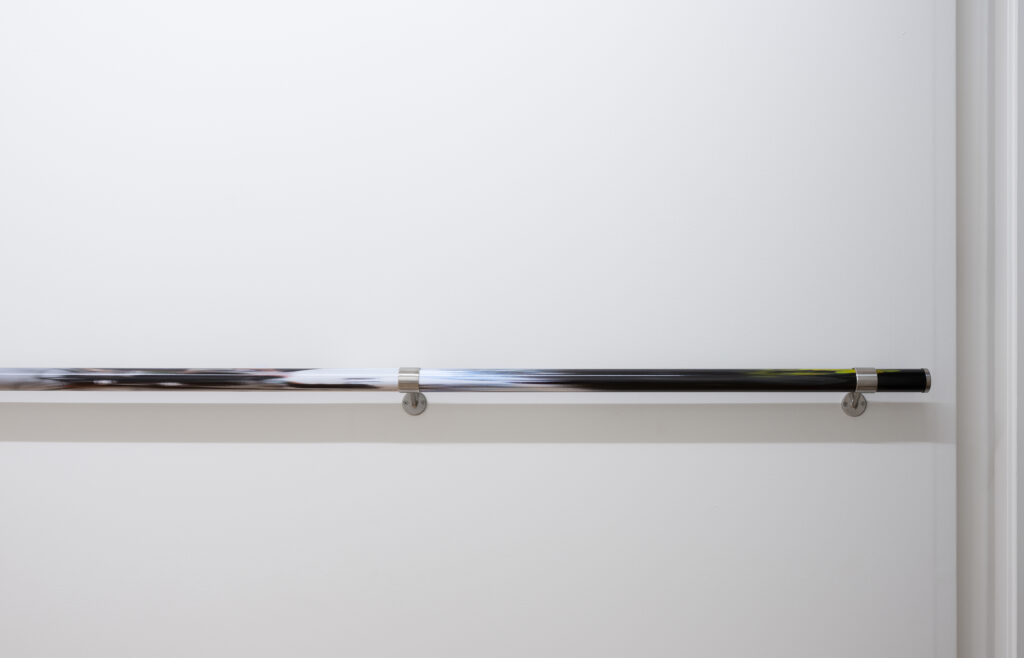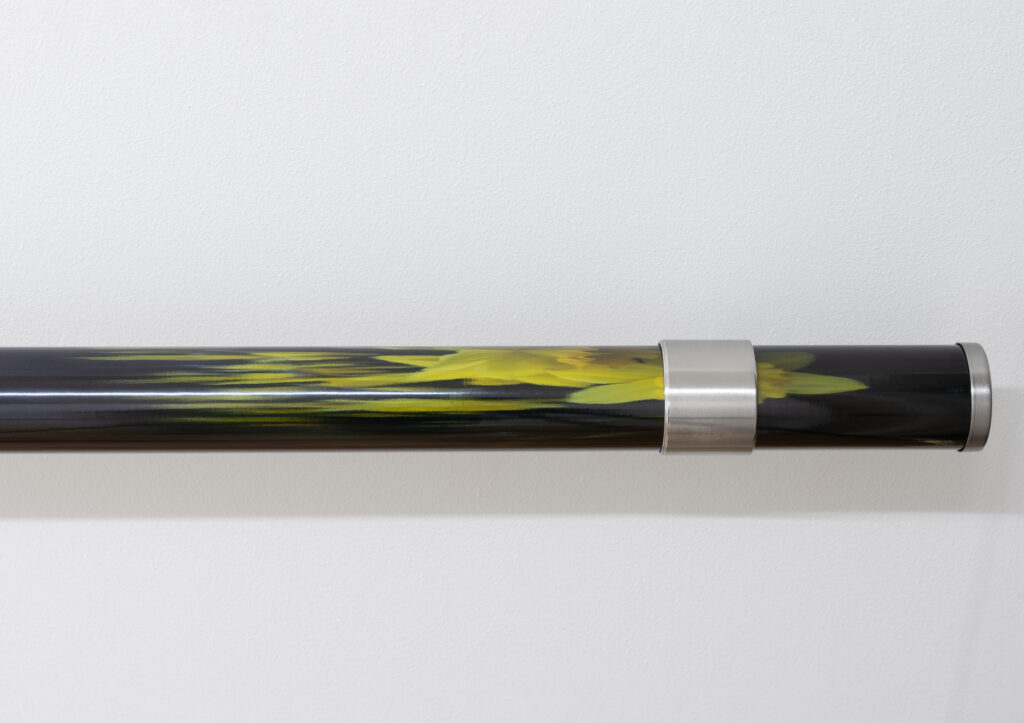10.06.23 – 27.08.23
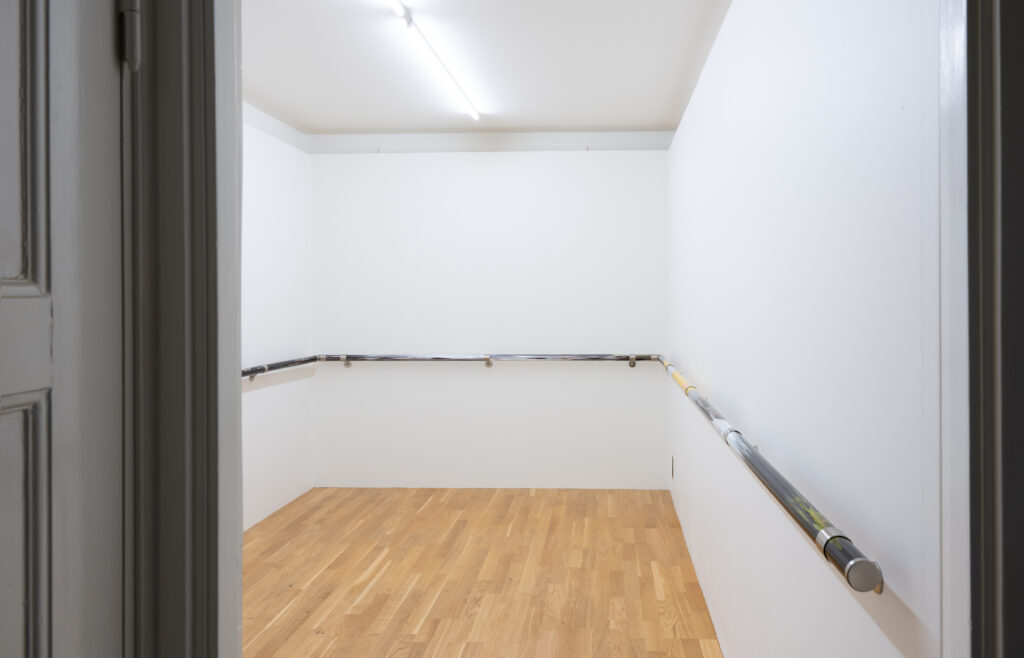
In the introduction to Gustave Flaubert’s novel L’éducation sentimentale, the main character
Frédéric Moreau is presented through his enraptured gaze on the world around him. In the
opening chapter of the book, he has just got off a train and is about to find his seat when he sees
a fellow passenger, a woman in first class, ‘like an apparition’:
”What was her name? Where did she live? What did she do? What was her past? He wanted to
know how her room was furnished, all the dresses she had ever worn, what people she knew;
and even the desire to possess her physically evaporated beneath a deeper yearning, a painful and
infinite curiosity.” 1
Something in the familiar trope of the urban chance encounter makes me see a kinship with
Viktor Fordell’s images, which are idolizing fragments of a whole we cannot see. The glimpse of
a stranger in a bustling urban environment, the sudden hope for renewal in the mundane
dullness of the everyday. Scenes like these are suspended in time and magnified by the wide-eyed
characters of literature, art and reality, whose hearts and ideals are shattered in their encounter
with the big city. Innocence implicates its own demise in those whose desires and imaginations
seem unable to restrain themselves from retaining and creating narratives of passing charismatic
fragments of life, like the apparition of the woman on the train. These zealous storytellers
devoted to magnifying, enhancing, and intensifying such fleeting moments with heartfelt and
pugnacious attention in even the most mundane of settings, in the spaces of the city that are
made just for passing through or to wait in. The places where citizens of different backgrounds
meet each other or get trapped in, in a temporary intimacy: in a lift or a staircase in the metro, a
long corridor in a hospital, or in a waiting room.
With Fordell, innocence seems to cohabitate with its corruption, in an aftermath. Flaubert said
of his novel that he wanted to tell something about the inner life of the men of his generation
and their prospects for love which, according to him, meant passivity. But it is the active dreamer
(artist, writer, filmmaker, dancer) who has the capacity to bring to life the cracks in the
automated experience of reality and see the eternity in it, pairing the eternal with the transient.
I think of another relevant quote, Paul’s words from the Corinthians:
“When I was a child, I spake as a child, I understood as a child, I thought as a child: but when I
became a man, I put away childish things. For now we see through a glass, darkly; but then face
to face: now I know in part; but then shall I know even as also I am known”. 2
The quote seems to encapsulate both the exhibition and Fordell’s artistic turn away from a kind
of melancholic playfulness in his earlier work to a new solemnly romantic tone. The promise in
Paul’s quote of a time that will come when the broken pieces of perception will be joined
together into a whole is the hopeful promise of Christianity, that the important part of life is not
now but later in eternity, in death. I don’t know whether it’s true and I wouldn’t complain if there
is nothing else but these beautiful shards.
Eli Levén
1 Translation by Helen Constantine
2 King James bible
